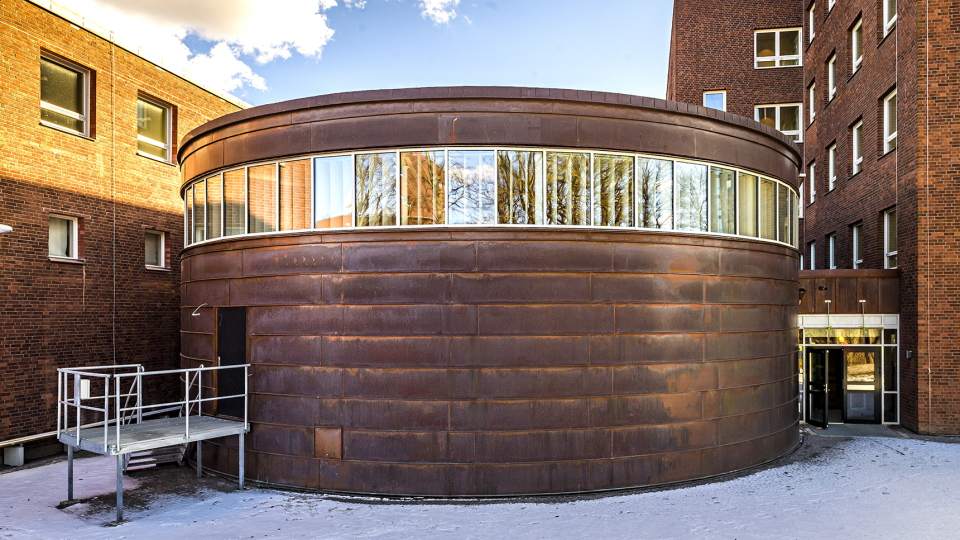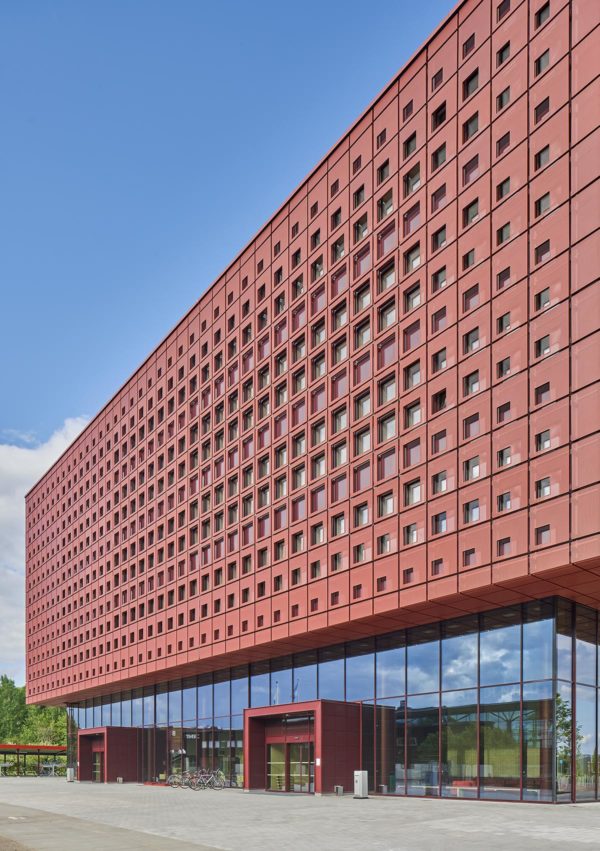Fall 2025 – Lund
Robot Learning
Robot learning is an interdisciplinary field, drawing on insights from machine learning, robotics, control theory, and neuroscience to develop adaptive and intelligent systems. Collaboration across these fields is vital for advancing robot learning. As we progress toward a future with more autonomous systems, the ELLIIT focus period initiative seeks to review state-of-the-art techniques, address current and future challenges, and forecast the societal and industrial impacts of robot learning.
The focus period took place at Lund University November 3 – December 5, 2025.
Spring 2025 – Linköping (Campus Norrköping)
Visualization-Empowered Human-in-the-Loop Artificial Intelligence
In the past years, experts in visualization, human-computer interaction and related fields have substantially contributed to the topic, for instance, by the development of visualization approaches to open the typically closed black box design of popular machine learning methods. However, the rapid developments in AI/ML potentially trigger a fundamental change in our understanding of the capabilities and applicability of the models as they are now also able to “interact” with the general population. What are the implications in terms of trust into the analytical results and potential biases that may occur? How should visualization research react and adapt to increase trust and call our attention to critical biases to avoid them?
The focus period was held at Linköping University, Campus Norrköping between April 28 and May 30, 2025.
Fall 2024 – Linköping
Machine Learning for Climate Science
Climate change is a complex and urgent problem that requires accurate and reliable models of the Earth’s climate systems. These models can help us understand the causes and consequences of climate change, and to evaluate the effectiveness of different policies and actions. Traditionally, mechanistic models have been used for this purpose. However, the Earth’s climate systems are extremely complex and these models are inevitably oversimplifying. For many highly critical use cases, in particular involving local events such as accurately predicting flooding, heatwaves, and storm surges, existing models need to be improved. At the same time, today we have access to a plethora of data from multiple dense networks of ground-based monitoring stations as well as both passively and actively remote-sensed data from drones, aircraft, and satellites. We are therefore seeing and increasing interest in using machine learning for improving and complementing the traditional modeling approaches. Machine learning can help us discover new patterns and relationships in the data, improve the accuracy and speed of the simulations, and result in better uncertainty quantification.
The purpose of this focus period was to bring together researchers who share an interest in machine learning for climate science in general, and machine-learning-augmented modeling and analysis of climate and weather systems in particular, to lay the foundation for novel research on how machine learning can be used to address critical problems in climate science currently lacking satisfactory solutions.
The focus period ran in Linköping between September 23 and October 25, 2024.
Spring 2024 – Lund
Security and Fault Tolerance of Cyber-Physical Systems
In this focus period, the organizers wanted to plant the seed for a radical rethinking of the way cyber-physical systems are constructed, questioning their fundamental principles and striving for constructions that are secure, safe, controllable, and dependable from the beginning.
The focus period ran in Lund between April 1 and May 3, 2024.
Fall 2023 – Lund
6G – forming a better future
Research related to the 6th Generation Wireless Systems (6G) comprises a wide range of topics. This focus period takes a broad perspective on the possibilities and limitations of technology available and what services and applications can be proivided by a future 6G system. Topics range from communication theory and fundamental limits via practical implementations to novel services and applications.
The goal is to close the gaps between different research disciplines, increase synergy effects and, together, identify the most critical inter/intra-disciplinary research challenges, from a 6G perspective. What are the technical issues we have to address, from that perspective? What are the possible solutions, from a technical perspective?
How should 6G be designed to, in the best way, contribute to solving of the global challenges?
The full focus period spanned October 23 – November 24, 2023.
Fall 2023 – Linköping
Network Dynamics and Control
A central task in Network Science is to understand how to extrapolate emerging collective dynamical behaviors out of a large number of interacting elementary entities. An even more challenging task is to move from a passive observation of the behavior of a network to an active way of controlling its dynamics. Both tasks require a system-level thinking, and can have profound repercussions across the many different domains of science in which networks are of relevance, such as biology, ecology, social sciences, economical sciences, and engineering.
The full focus period spanned September 4 – October 6, 2023.
Fall 2022 – Linköping
Hybrid AI – Where data-driven and model-based methods meet
Data-driven machine learning presents many challenges such as how to deal abstract and causal aspects, how to make learning work with significantly less data like humans can do, and how to achieve robust systems which provides formal guarantees and interpretability. Traditional model- or knowledge-based methods are designed to deal with many of these issues: They deal effectively with generality, abstraction, and causality with strong formal guarantees. A current trend in AI and machine learning today is therefore how to combine these different approaches in a principled and effective way. This is often called Hybrid AI.
The full focus period spanned October 18 – November 18, 2022.
Spring 2022 – Lund
Data-driven modelling and learning for cancer immunotherapy
Checkpoint inhibitor therapy is a form of cancer treatment that works tremendously well in approximately 30 % of subjects, while being largely ineffective in others. Understanding when and why the therapy works has large implications on the treatment of cancer. In spring 2022, the first ELLIIT focus period will look deeper into this challenge.
For 5 weeks, in the prestigious university town Lund, the focus period united young international scholars, ELLIIT researchers and other top international academics active in domains such as:
- Systems biology
- Cancer treatment
- Checkpoint inhibitor therapy
- Machine learning
- Dynamical systems
- Deep learning
During this period, the researchers worked together on jointly defined research topics. In addition to seminars and joint research challenges using unique data sets, a larger workshop with invited top-level scientists provided knowledge exchange and networking opportunities. The aim of the focus period was to forge new, long lasting, collaborations based on life science research that use and drive the development of novel machine learning techniques.
The full focus period spaned April 19 – May 20, 2022.








